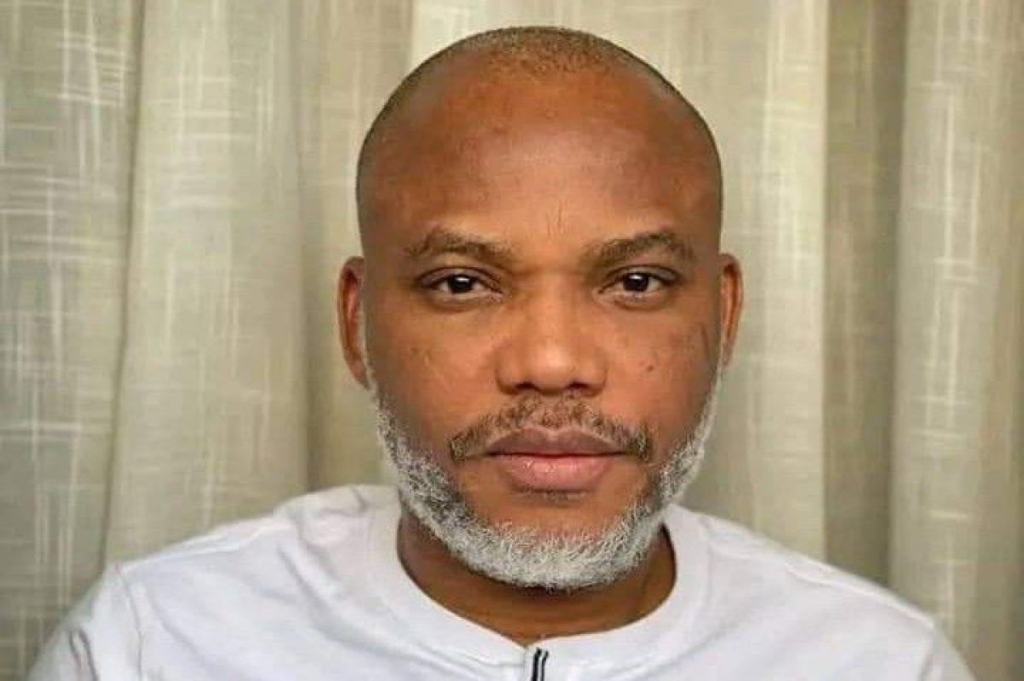A Nigerian lawyer, Barrister Njoku Jude Njoku, has criticized the Supreme Court’s decision to remit the terrorism trial of Nnamdi Kanu, the leader of the Indigenous People of Biafra (IPOB), back to the Abuja Federal High Court. Njoku, who is part of the team of lawyers defending Kanu, argued that the apex court erred in its December 15, 2023, ruling, as it violated the doctrine of finality of appellate discharge.
Kanu’s trial has been a subject of controversy, with the IPOB leader refusing to enter his defense after the Nigerian government closed its case against him. Kanu’s defense team maintains that his earlier acquittal by the Court of Appeal on October 13, 2022, nullified the trial. The Court of Appeal’s decision, according to Njoku, conferred a non-derogable immunity on Kanu, making it impossible for the prosecution to retry him for the same offenses.
Njoku described the Supreme Court’s decision as a “blatant constitutional perversity” that undermines the rule of law and offends the universal principle of finality of appellate discharge. He cited legal authorities from England, Canada, and Australia to support his argument that an appellate acquittal is final and conclusive. Njoku also referenced Nigerian cases, including Dokubo-Asari v. FRN, which fortified the doctrine of finality of appellate discharge.
The lawyer further asserted that the Supreme Court’s remittal of Kanu’s case is void ab initio, as it breaches the constitutional immunity conferred on Kanu by the Court of Appeal’s acquittal. Njoku also criticized the five-member panel that remitted Kanu’s case, stating that it committed a “second constitutional abomination” by overturning African Charter jurisprudence already settled by a seven-member full constitutional bench of the Supreme Court.
The development has significant implications for Kanu’s trial and the broader context of judicial independence and the rule of law in Nigeria. The case is being closely watched, and the next steps in the legal process are eagerly anticipated. As the situation unfolds, it remains to be seen how the Nigerian judiciary will address the concerns raised by Njoku and the implications of the Supreme Court’s decision for the country’s legal system.
